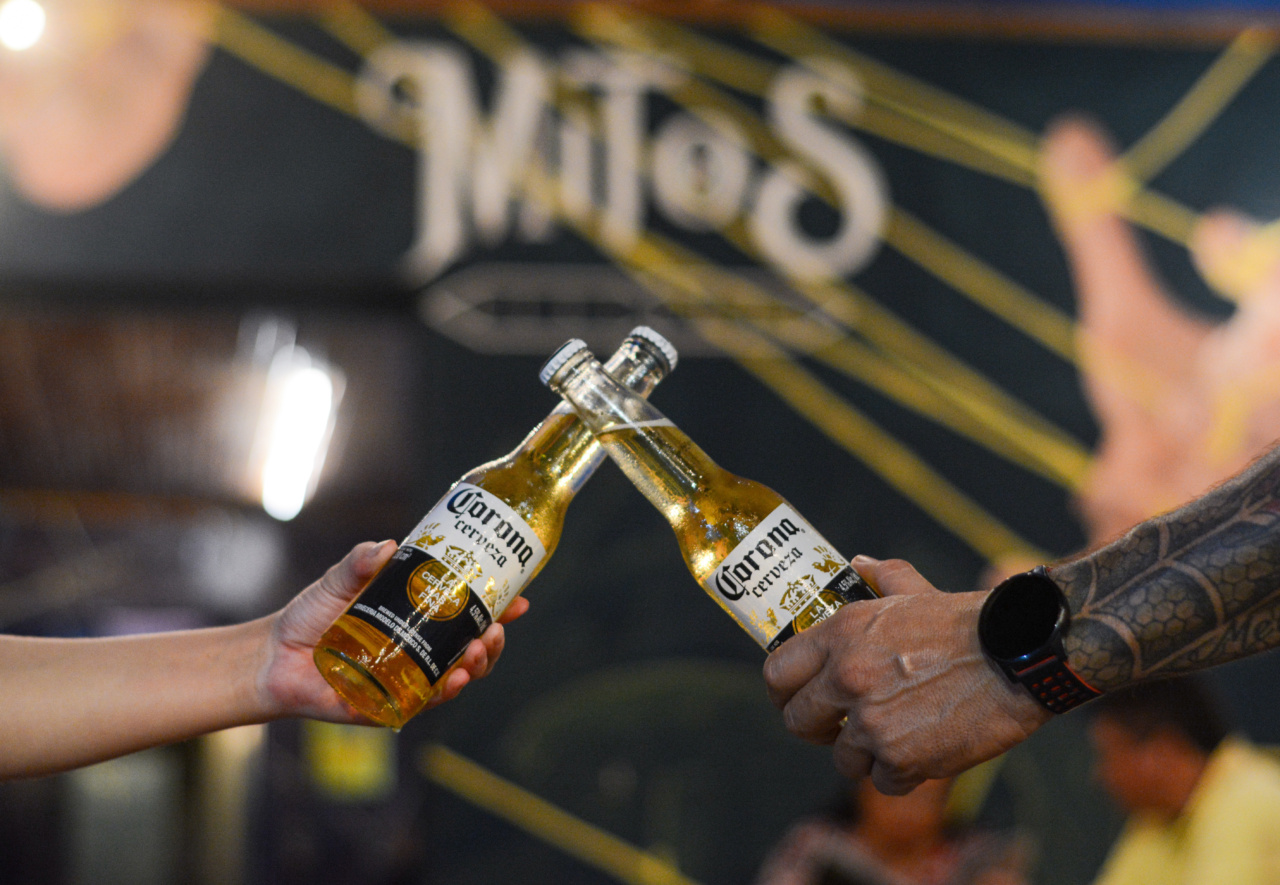Alcohol consumption has become an integral part of social gatherings, celebrations, and even daily life for many individuals.
While moderate alcohol consumption may be relatively harmless, excessive and prolonged intake can have serious detrimental effects on various body organs, including the skin. The skin, being the largest organ of the body, is highly susceptible to the negative effects of alcohol.
In this article, we will explore the impact of alcohol on the skin’s health and appearance, along with the importance of skincare to minimize such effects.
The Effects of Alcohol on the Skin
1. Dehydration: Alcohol is a potent diuretic that causes increased urine production, leading to dehydration. When the body becomes dehydrated, the skin loses moisture and becomes dry, dull, and prone to wrinkles and fine lines.
2. Inflammation: Alcohol triggers inflammation within the body, including the skin. It dilates the blood vessels, leading to flushing, redness, and a sallow complexion.
Chronic alcohol consumption can exacerbate various skin conditions such as rosacea, psoriasis, and acne.
3. Premature Aging: Alcohol accelerates the aging process by depleting the skin of essential nutrients like vitamin A, an antioxidant that helps repair damaged skin cells.
This can result in premature aging signs such as wrinkles, sagging skin, and age spots.
The Impact of Alcohol on Skin Health
1. Acne Breakouts: Excessive alcohol consumption can disrupt hormone levels in the body, leading to increased oil production and clogged pores, which can result in frequent acne breakouts.
2. Poor Healing: Alcohol weakens the immune system, making it difficult for the body to heal wounds or infections. This can increase the risk of developing skin infections or delay the healing process.
3. Reduced Collagen Production: Collagen is a vital protein that maintains the skin’s elasticity and firmness. Alcohol hampers collagen production, causing the skin to lose its youthful appearance and become saggy and wrinkled.
Skincare to Minimize the Negative Effects
1. Hydration: It is crucial to maintain hydration by drinking plenty of water throughout the day to counter the dehydrating effects of alcohol. Hydrated skin is healthier and more resilient.
2. Cleansing and Moisturizing: Implement a skincare routine that includes a gentle cleanser to thoroughly remove impurities and a moisturizer to replenish the skin’s moisture barrier.
This helps in maintaining a healthy skin texture and preventing dryness.
3. Antioxidant-Rich Products: Look for skincare products that contain antioxidants like vitamins C and E, which help combat free radicals and protect the skin from oxidative stress caused by alcohol consumption.
4. Sun Protection: Alcohol can make the skin more sensitive to UV rays, increasing the risk of sun damage. Applying a broad-spectrum sunscreen with a high SPF is essential to shield the skin from harmful UV radiation.
5. Limit Alcohol Consumption: Moderation is key. Limiting alcohol intake can significantly reduce the negative impact on the skin and overall health. It is advisable to adhere to recommended guidelines for alcohol consumption.
Conclusion
While enjoying an occasional drink may not harm the skin, excessive and prolonged alcohol consumption can have severe consequences. The effects of alcohol on the skin range from dehydration and inflammation to premature aging and skin disorders.
Taking care of one’s skin through proper hydration, cleansing, moisturizing, and protection from the sun can help minimize these effects. Additionally, it is crucial to limit alcohol intake to maintain a healthy and vibrant complexion.
By understanding the lethal combination of alcohol and skin, individuals can make informed choices to prioritize their skin’s health and overall well-being.






























